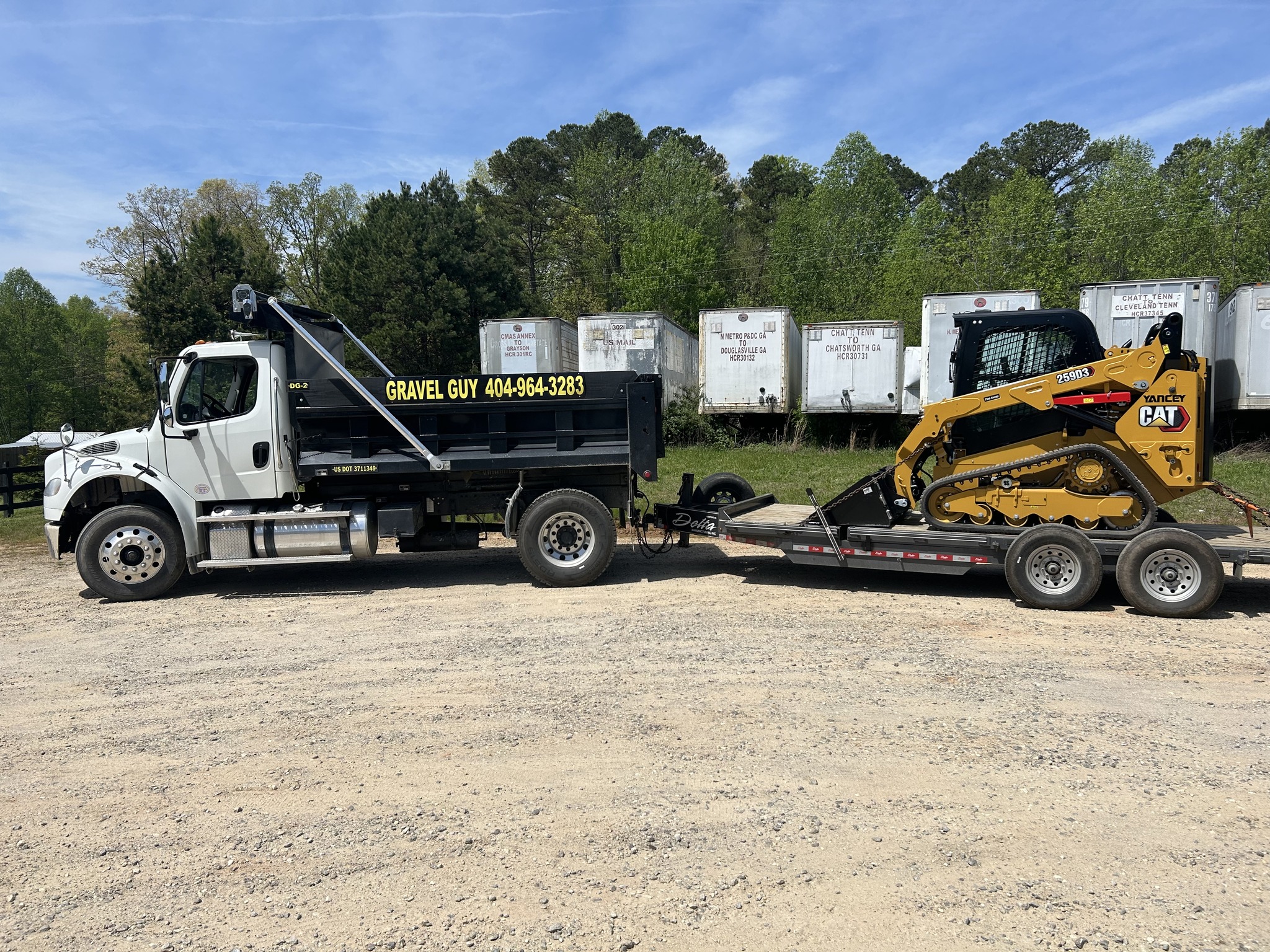
Understanding Gravel Types: A Guide to Different Aggregates Nov 15, 2025
To begin, gravel is a naturally occurring substance composed of rock fragments. It comes in various forms, each distinguished by its size, shape, and intended application. The critical types of gravel that we frequently supply include crushed stone, pea gravel, and decomposed granite, each serving unique roles.
Crushed stone is a versatile and commonly used aggregate made from larger rocks broken down into smaller, jagged pieces. Its composition can range from limestone to granite, and even basalt, providing viable options depending on the specific needs of your project. This type of gravel is excellent for road construction, providing a solid foundation due to its density and angular shape, which promotes excellent compaction. For pathways or driveways, crushed stone aids in drainage and reduces erosion, making it an ideal choice for areas prone to heavy rain.
Then there's pea gravel, known for its smooth, rounded appearance, often resulting from natural weathering processes. Its size typically ranges from 1/8 inch to 3/8 inch, and it’s celebrated for its attractive aesthetic and soft texture underfoot. Ideal for gardens, walkways, and driveways, pea gravel provides a visually pleasing surface that complements outdoor spaces. Additionally, its round shape makes it safer around pools and play areas, reducing the chances of injury.
Decomposed granite, or DG, offers another layer of versatility. A product of weathered granite, DG consists of fine particles that compact well, locking in place once set. It’s commonly used for pathways, patios, and garden trails to create a stable, rustic look. Beyond aesthetics, decomposed granite offers practicality in that it’s permeable, which helps with water management, allowing rainwater to seep through rather than causing runoff.
Understanding the available options is only part of the equation; selecting the right type of gravel involves considering factors like climate, erosion potential, and usage patterns. For areas that experience significant rainfall, such as driveways or roadbeds, materials that offer excellent drainage and stability should be prioritized. In contrast, projects that focus on decorative elements may benefit from the rounded allure of pea gravel.
Partnering with experienced suppliers like The Gravel Guy ensures that your project will benefit from the ideal type of gravel, tailored to your specific needs. Our commitment to quality means you can trust that each batch of gravel is carefully selected and sourced from reputable locations, consistently meeting the highest standards.
In conclusion, gravel is more than just a functional building material; it’s an integral component that enhances both the aesthetic and practical aspects of a project. By understanding the different types of gravel and their best applications, you can make informed decisions that will lead to durable, effective results. Reach out to The Gravel Guy today to discuss your unique project needs, and let us guide you in choosing the perfect aggregate. Your landscape deserves the best, and we’re here to help provide it.
/filters:no_upscale()/media/f0621ac6-32f4-45b9-a3cf-a07afd695083.jpg)
/filters:no_upscale()/filters:format(webp)/media/7676af6a-f7c5-4084-a0c8-70ad44f46593.jpeg)